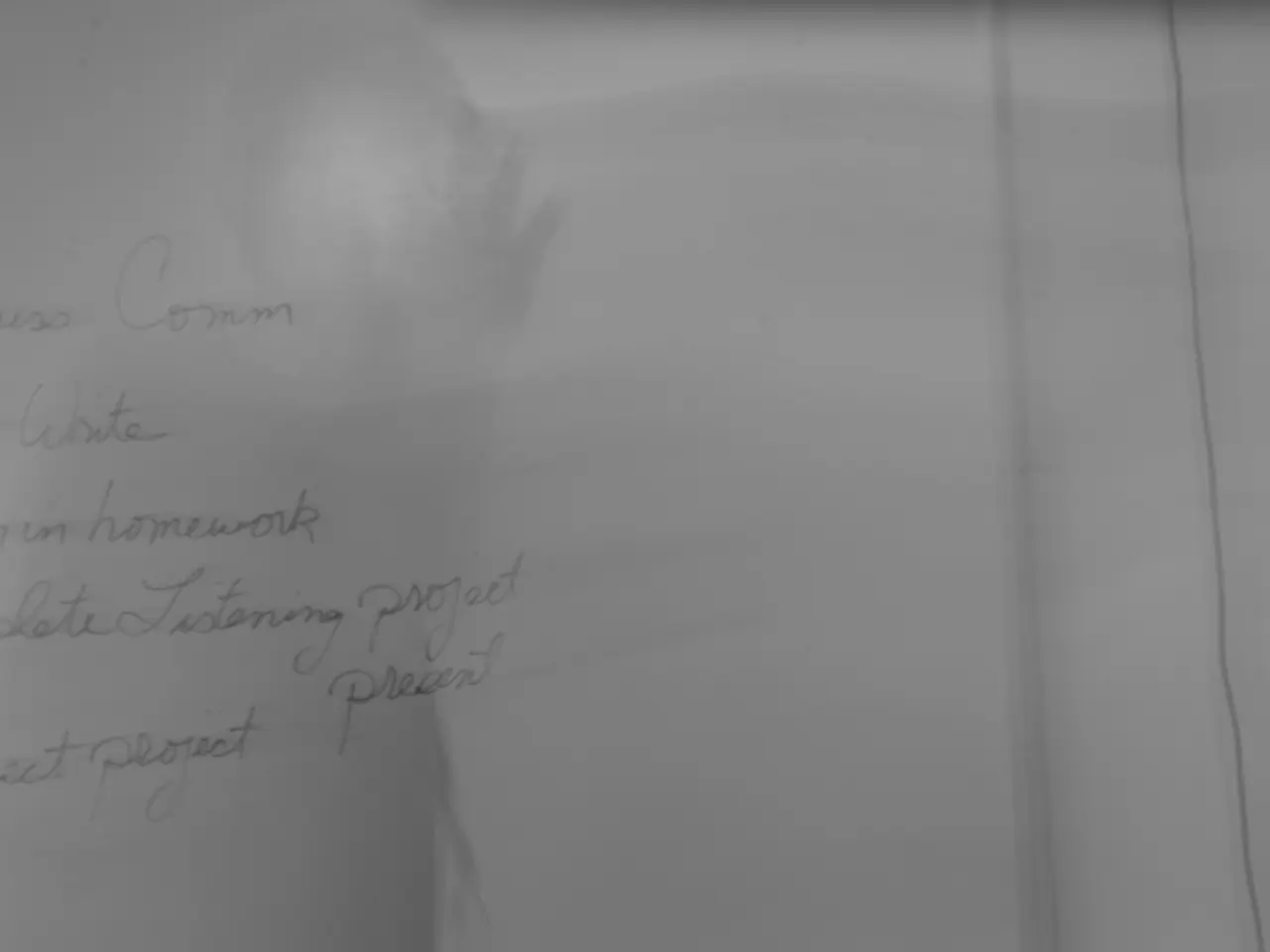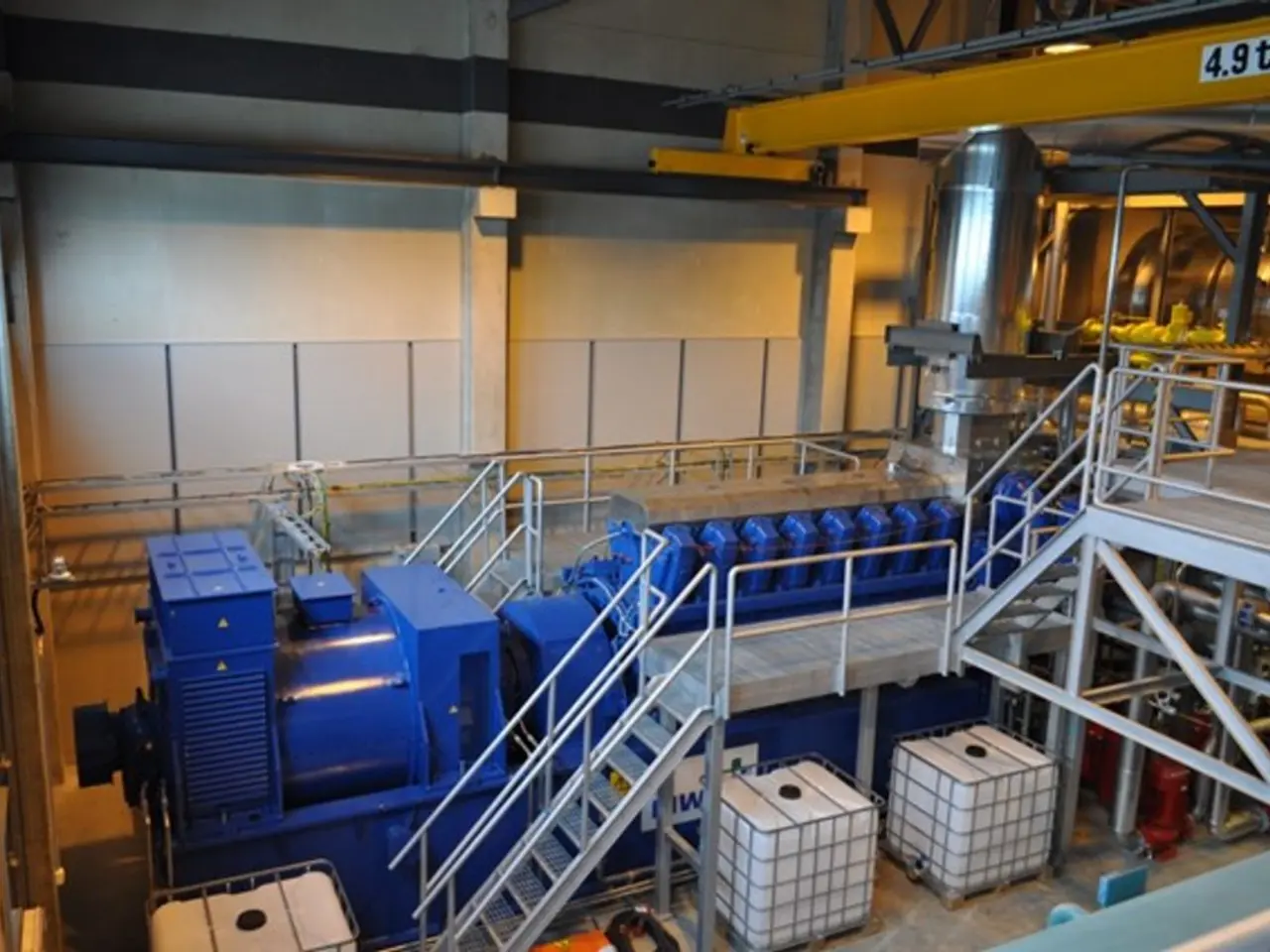Farewell to the IRS AOF Request for Information
The Internal Revenue Service (IRS) has announced significant changes to its Large Business & International (LB&I) Division audit procedures, effective from August 1, 2025. These changes aim to streamline audits, enhance efficiency, and improve taxpayer collaboration.
Elimination of the Acknowledgement of Facts (AOF) Process
One of the key changes is the phasing out of the Acknowledgement of Facts (AOF) process. Historically used to confirm agreed facts before issuing a Notice of Proposed Adjustment (NOPA), the AOF process will be optional through December 31, 2025, and fully eliminated in 2026. This move responds to taxpayer concerns that the AOF process lengthened audits without adding much value.
Removing the AOF aims to reduce case cycle times and staffing burdens, thereby making examinations more efficient and focused. Taxpayers undergoing LB&I audits should consider whether engaging in the AOF process through the end of 2025 is strategic for their case.
Application of Accelerated Issue Resolution (AIR) to Large Corporate Compliance (LCC) Cases
The updated guidance confirms that Accelerated Issue Resolution (AIR)—formerly applied mainly to certain LB&I audits—can be used within Large Corporate Compliance cases. AIR allows taxpayers to reach a closing agreement on a tax issue that can then be applied consistently to other tax periods with the same or similar issues, helping to resolve repeat or similar disputes faster.
Updated Fast Track Settlement (FTS) Program Requirements
The guidance revises the Fast Track Settlement (FTS) pilot program by requiring additional IRS review before denying a taxpayer’s request to participate. This update is designed to promote fairness and enhance taxpayer access to alternative dispute resolution, potentially shortening the resolution timeline when audits involve disputes that might otherwise extend lengthy appeals or litigation processes.
These changes collectively aim to reduce the time and resource intensity of LB&I audits, promote earlier issue resolution, and foster more cooperative relations with taxpayers, reflecting the IRS's broader goal of a more customer-focused, efficient examination process.
It is essential for taxpayers undergoing LB&I audits to discuss these changes with their tax advisors to determine whether AIR or FTS may be beneficial to the successful resolution of their case. As always, specific guidance from IRS publications or professional tax advisors may be necessary to understand how these procedural changes might affect a particular type of audit or taxpayer scenario.
[1] IRS Interim Guidance on LB&I Audit Procedures (July 23, 2025) [2] IRS News Release: Streamlined LB&I Audits Announced (August 1, 2025) [3] Tax Advisors Association: Analysis of 2025 LB&I Audit Procedures (August 10, 2025) [4] Taxpayer Advocate Service: Report on 2025 LB&I Audit Procedures (September 1, 2025)
- The IRS's Large Business & International (LB&I) Division is eliminating the Acknowledgement of Facts (AOF) process, optional until the end of 2025 and fully removed in 2026, to streamline audits and reduce case cycle times.
- Accelerated Issue Resolution (AIR), which allows for quicker resolution of tax issues, will now be applicable within Large Corporate Compliance (LCC) cases, enhancing the efficiency of LB&I audits.
- The Fast Track Settlement (FTS) pilot program has revised requirements, promoting fairness and enhancing taxpayer access to alternative dispute resolution, potentially reducing resolution timelines in cases involving lengthy appeals or litigation.
- A corporate law practice or associate specializing in international law and dispute resolution services should be consulted to determine the potential benefits of AIR or FTS for a successful resolution of LB&I audits.
- The IRS has opened an LB&I office within its compliance function to focus on complex corporate tax matters, with an emphasis on partnering with taxpayers to achieve issue resolution more efficiently.
- The updated LB&I audit procedures aim to improve collaboration and reduce the time and resource intensity of audits, with a focus on legal compliance, finance, and business matters, aligning with the IRS's broader goal of a more efficient examination process.
- Taxpayers and their legal partners should stay informed about the changing landscape of LB&I audit procedures through resources such as IRS publications, news releases, and reports from tax advisory services like the Tax Advisors Association.




